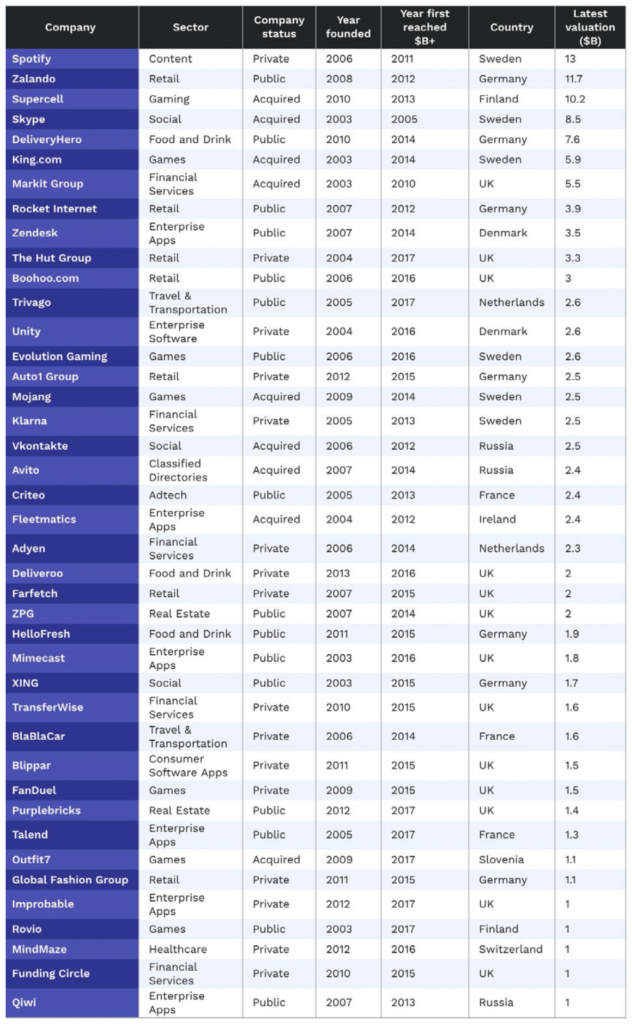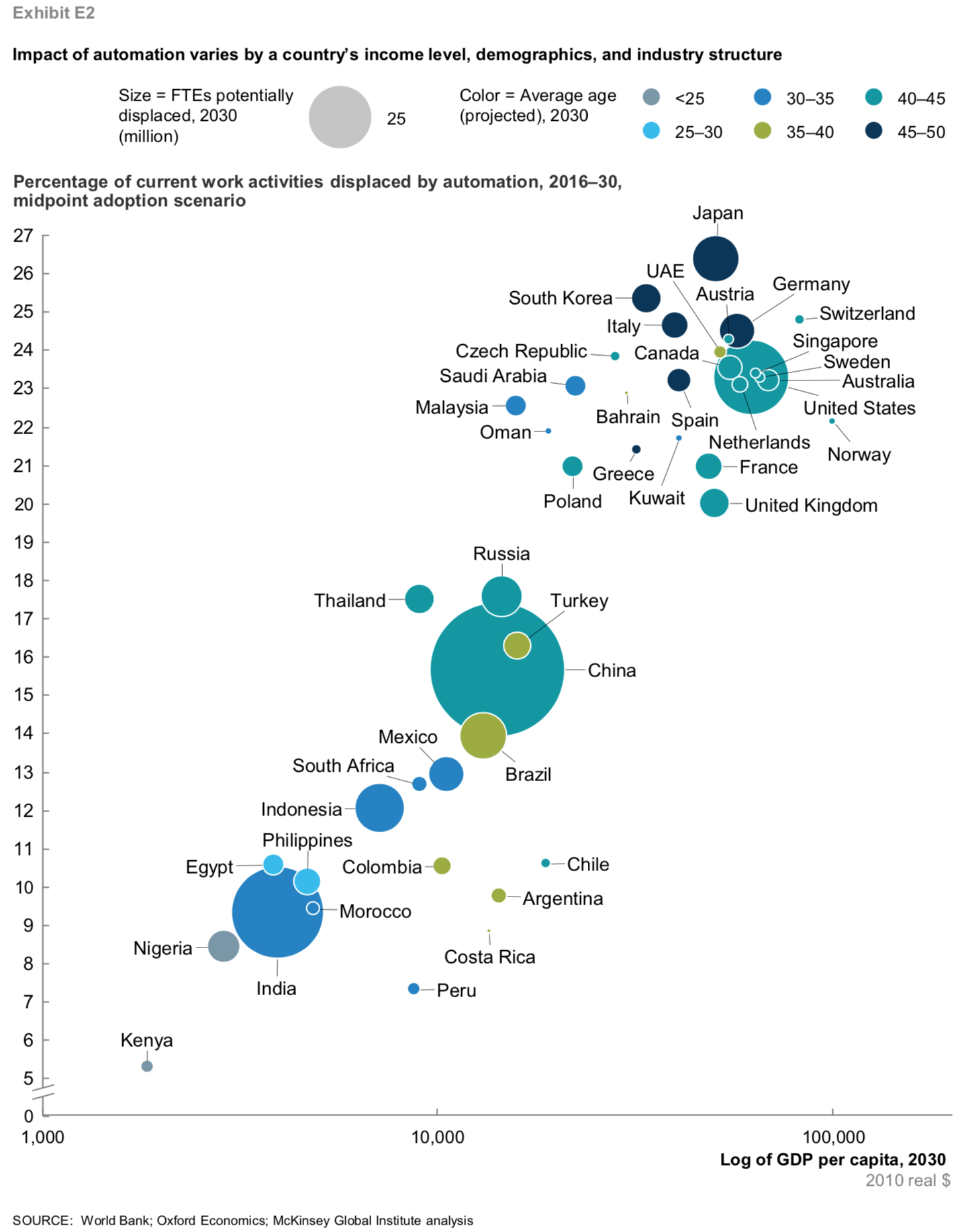Ormai abbiamo capito che i dati sui contagi, sui ricoveri in terapia intensiva e sui morti per coronavirus in diverse nazioni non sono comparabili, per la differenza delle politiche sanitarie e dei criteri di calcolo.
Allora può essere utile guardare la variazione della mortalità complessiva in ogni paese europeo fino alla settimana scorsa. I grafici nel seguito mostrano la deviazione dalla media della mortalità settimanale normalizzata sulla deviazione standard, che viene monitorata in ogni paese europeo e fornita da euromomo https://www.euromomo.eu/outputs/zscore_country_total.html)
L’effetto è stato più pronunciato rispetto alle influenze degli inverni 2016-2017 e 2017-2018, ma fortunatamente il lockdown ha funzionato ovunque e l’impatto sulla mortalità nazionale è stato limitato.
Anche i dati di mortalità complessiva confermano che l’effetto è stato più forte in Belgio, Francia, Italia, Olanda, Spagna, Inghilterra, come ci dicono i media. Impatto medio in Svezia e Svizzera. Trascurabile in tutti gli altri stati europei.
Non solo Germania e Austria hanno gestito bene (dubbi sul conteggio diverso dei morti non sono rilevanti), ma anche Grecia e Portogallo, con sistemi sanitari confrontabili al nostro meridione, hanno ottenuto ottimi risultati con un lockdown anticipato ma soft.











